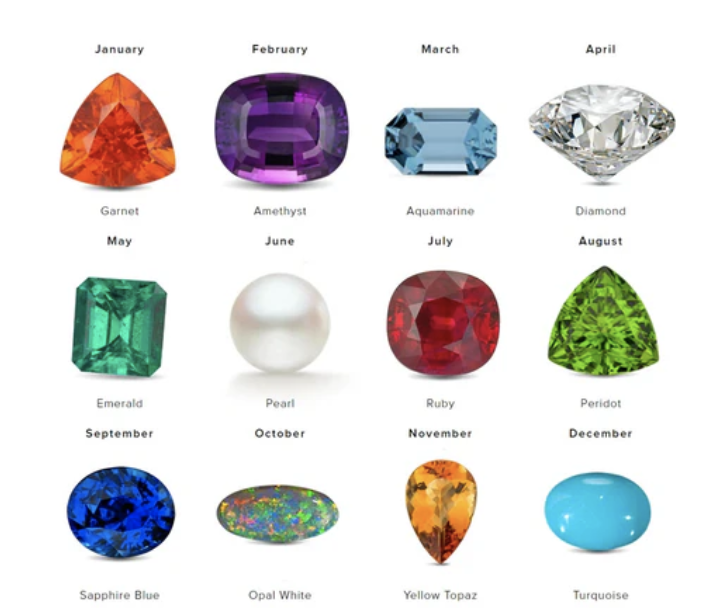The Music of Personalities
October 24, 2022
Music is a phenomenon that has been a part of countless cultures since humankind began. Throughout our lives, we hear songs sung by our favorite artists and choose what we listen to based on personal preference. In some instances, a person’s music choice can reveal a great deal about their mood, personality, and even the compatibility of individuals.
People will frequently play music that connects to a certain feeling or mood, depending on the tone that one hopes to set. For example, those who gain a sense of comfort in an irritated mood tend to listen to depressing or angry music.
In relation to human personalities, music can be used to better understand a person or their attitudes. As a general inference, people who enjoy listening to party music or energizing music would most likely be entertained by dancing.
A study done by various researchers showed that individuals with empathetic personalities “…preferred music on the Mellow dimension (R&B/soul, adult contemporary, soft rock genres) compared to type S (bias towards systemizing) who preferred music on the Intense dimension (punk, heavy metal, and hard rock)” (Greenberg, Baron-Cohen, Stillwell, Kosinski, & Rentfrow 1).
In addition, music is known to be able to change a person’s mood based on the tone of the song. For instance, the pop song “Better Days” by Mae Muller and Neiked, features a beat that seems confident at a cursory listen, but the lyrics suggest otherwise.
Mae Muller sings the lines, “I’ve been feeling lonely” (Muller 1) and “All I do is sit around and wait for better days” (Muller 2). These lyrics talk about feelings of hopelessness and have a demoralizing sense, even though the music itself brings joy and cheery vibes.
A questionnaire taken from Instagram showed that the majority of extroverts leaned towards pop music such as Taylor Swift and K-Pop. Additionally, many introverts who responded to the poll enjoy alternative or indie music. However, the overall data did not show any specific relations between the music taste and personality.
Shannon Liu (10) states, “I listen to classical music, and I don’t believe that it relates to my personality.” This furthers the point that at particular times, someone’s music taste does not accurately define how their personality is rounded. Even so, music is known to bring people together, as shown in the popular scene of 500 Days of Summer when Tom and Summer find that they share a love for The Smiths.
Teachers often play soft and calming music–such as instrumental versions of pop songs–during quiet working time. A psychological study done by researchers of MDPI shows that listening to music reduces feelings of stress and that this is accomplished at a greater level when listening to favorite songs (Tervaniemi, Makkonen & Nie 5).
Compatibility websites and apps have been used over the past few years to find the compatibility of individuals to music. Now, similarities in music taste between two or more listeners can be found on Spotify. The app puts the likeness of top tracks, genres, and artists into consideration when calculating the music compatibility percentage for two people.
Though the question of what makes up the personality of music taste has been answered, there are still many that have not been studied. For instance, can a person’s song choice cause false assumptions of the person themselves? Or what if someone does not like music at all?
Whether an individual’s music choice relates to or doesn’t show their personality, humans as a whole can be content with the songs that they personally connect to.





































